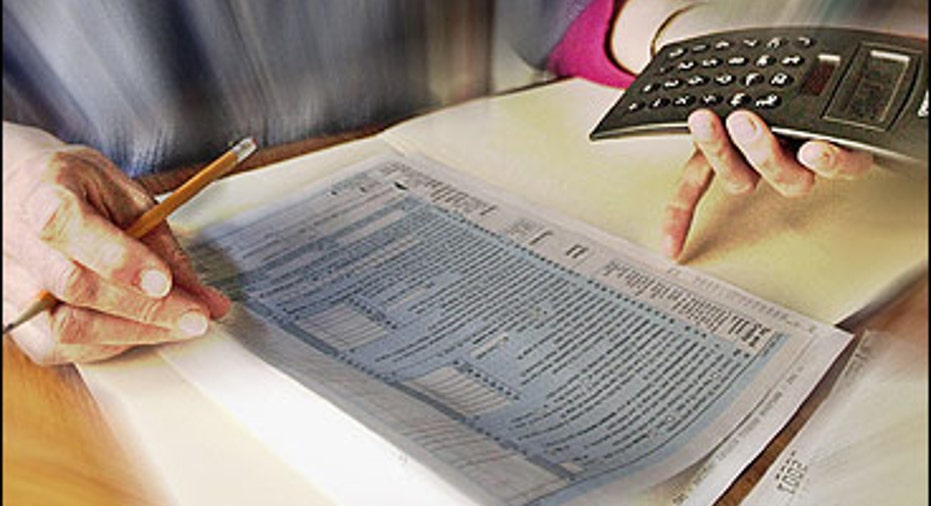Last Minute Tax Tips for Small Business Owners

Tax season is here again, and small business owners often struggle to not only file properly and avoid audits, but also to work the tax code to their advantage.
Elizabeth Milito, senior executive counsel at the National Federation of Independent Business (NFIB) said many small business owners seek out professional assistance each year to help them save time and money.
"The complexity of the code and what you need to do is frustrating for small business owners," Milito said. "They pay a lot in taxes and it's too time consuming and the risks are high. They can use their time in a better way."
Each April when all is said and done, Milito said most still don't grasp the process and why their accountant filed their return the way he or she did.
"It's similar to taking your car to a mechanic, and them telling you that you need to fix this and that," she said. "You have no way to know if what he or she is telling you is correct. You just have to trust them."
Here are Milito's five tips for small business owners ahead of tax day.
No. 1: Get your records in order. This is one thing many small businesses fail to do, and Milito said organization should be done throughout the year, not just last-minute.
"Keep a diary or log of expenses, receipts and keep it all in order," she said. "Come tax time, you don't want to be dumping loose papers and receipts on your CPA's desk and saying, 'Have at it.'"
Doing this will not only streamline the process, Milito said, but it can also save you money and time. Having your records organized often makes it easier to deduct business expenses.
No. 2: Understand your deductions. Know what deductions are available to you as a small business owner, and know what you need in order to prove them. Again, record-keeping is huge here, Milito said.
"Common deductions are entertainment, travel, meals, capital assets, home office and health insurance if you are self-insured," she said. "Also keep original receipts for your expenses."
No. 3: Get professional help. Don't be afraid to ask for help not only during tax season, Milito said, but also throughout the year. The vast majority of small businesses do seek out a CPA to file their returns, she said, but professionals can also help you make smart decisions all year long that will pay off in the end.
No. 4: Avoid audit traps. One big trap to be on the lookout for is claiming large deductions that exceed your income for the year, Milito said. This is on large amounts of itemized deductions, relative to your income.
Home office deductions can also be tricky to file, she said.
"The criteria you need to meet the deduction are very limited, and in many instances your home office may not qualify," she said. "Check with a professional before filing, because it's very specific."
No. 5: Follow retirement regulations. Retirement rules are also complicated, Milito said. To qualify as a participant in a tax-deductible plan, you need to make sure you have actually earned income each tax year. This is often an area of concern for newer businesses
"This is for your own plan," she said. "If you don't earn, you don't qualify for the deduction. On the flip side, the good part is that any dollars you use to fund your retirement plan are tax-deductible for your business and grow tax-free until you retire."
The NFIB recently held a Webinar addressing last-minute tax tips and concerns for small businesses. To learn more from the Webinar, click here.



















